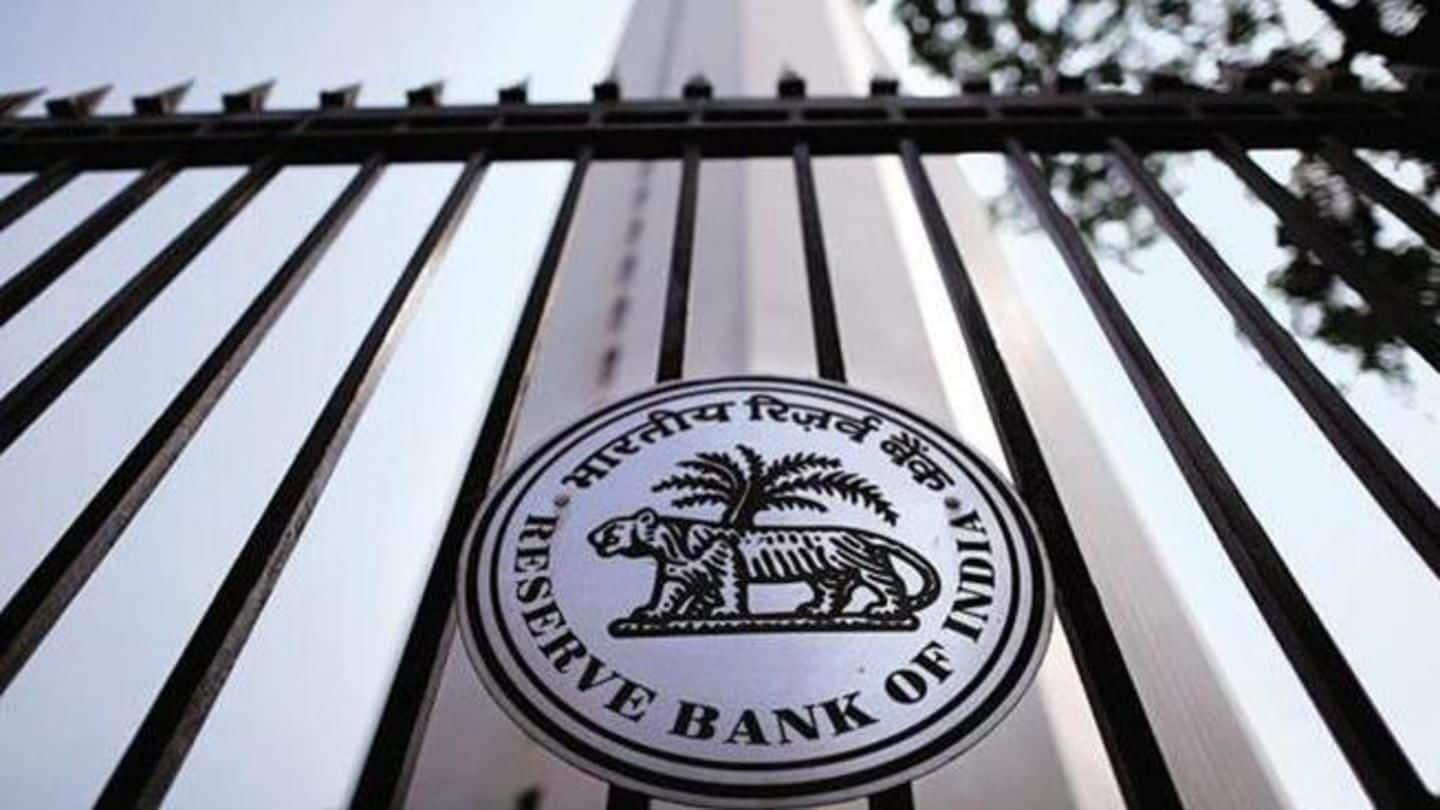
Know what does hiked RBI Repo Rate mean for you
What's the story
After the bi-monthly review of its monetary policy, the Reserve Bank of India (RBI) today hiked the Repo Rate by 25 basis point to 6.25%.
It's the first Repo Rate hike in four-and-a-half years since the BJP-led NDA government came to power in 2014.
The country's apex bank also hiked the Reverse Repo Rate to 6% from 5.75%.
Read how will it affect you.
Definition
First off, what does Repo Rate mean?
Repo rate is the rate at which country's central bank (in case of India the Reserve Bank of India) lends money to commercial banks. The central bank uses it as a tool to control the amount of money supply in the economy and, thereby, inflation.
Reasons
If not in 4.5yrs, then why RBI hiked it now?
RBI increased the Repo Rate as the retail inflation rose to 4.6% in April. The hiked Repo Rate will discourage commercial banks from borrowing from RBI, thereby reducing money supply in the economy and arresting inflation.
The second factor that contributed to RBI's decision was the higher-than-expected GDP growth rate. In the January-March quarter, the economic growth increased to 7.7%, a nearly 2-year high.
'You'
How will the hiked Repo Rate affect the common man?
With an increase in the Repo Rate, the EMIs on your borrowings from banks, be it personal loan, car loan or home loan, will increase as the banks will pass on the burden of the increased interest rate to their customers.
Leading banks including SBI, PNB and ICICI, which were anticipating the hike, have already increased their lending rates by almost 10 basis points.